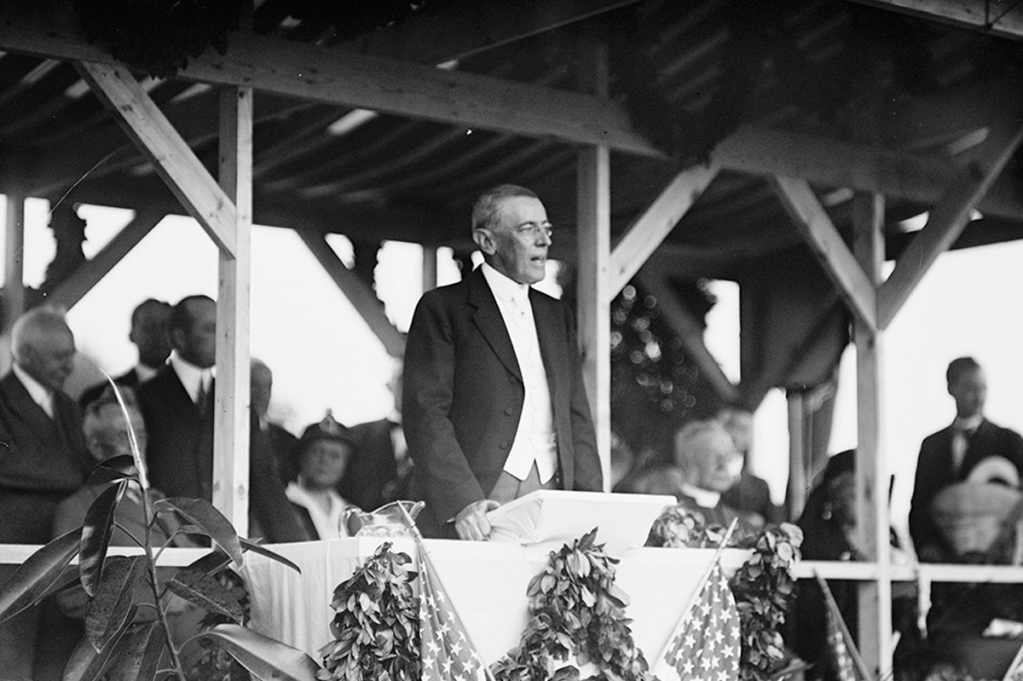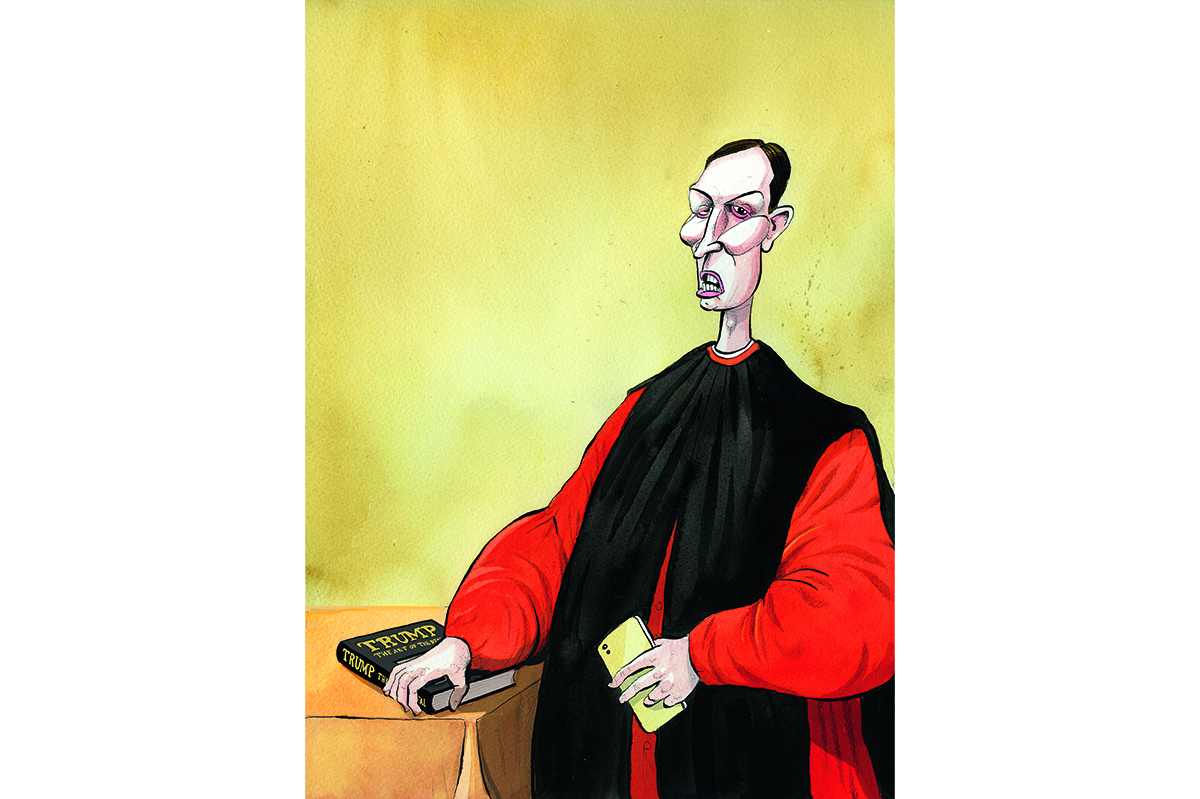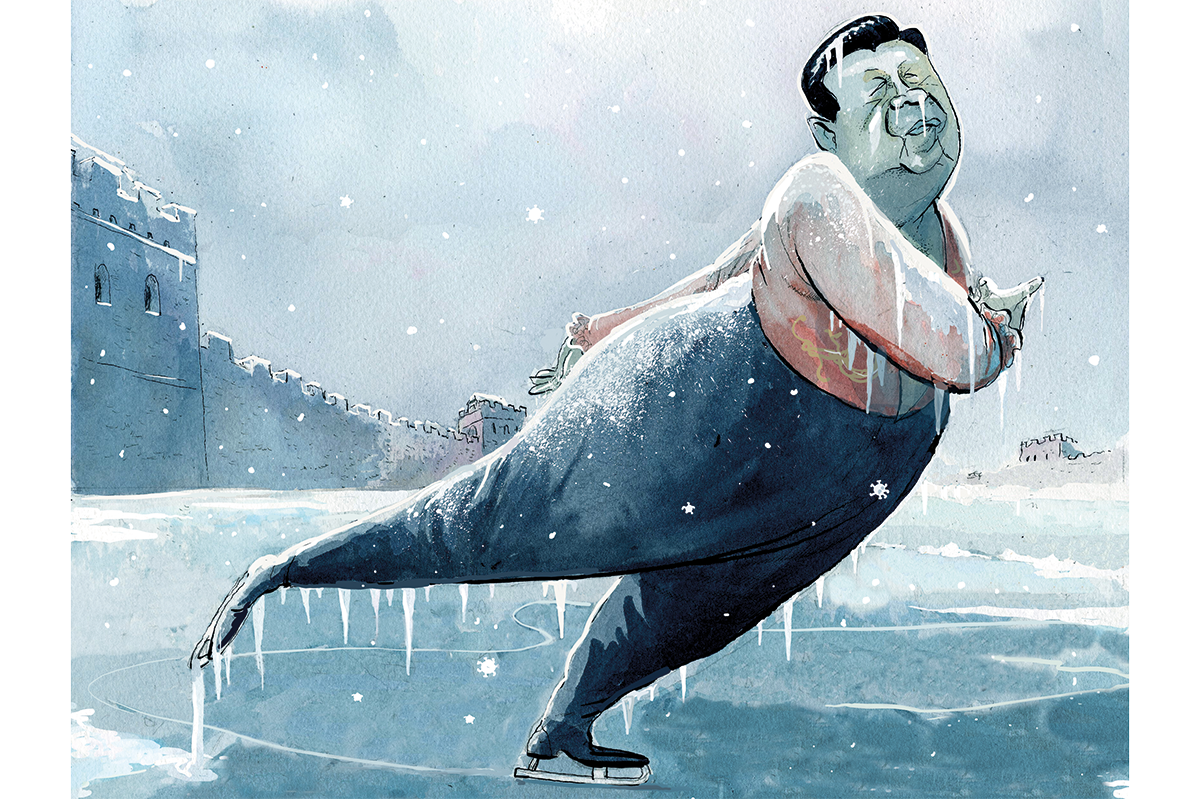New York
An American columnist whose writing I used to enjoy until his bosses signaled to him that activism is more important than journalism recently reported that Americans are unhappier now than they have ever been. Especially in places that voted for The Donald. Apparently, a pollster found that Trump got the most votes in places where people felt the unhappiest. But that makes sense, doesn’t it? Don’t people vote against the status quo when misery levels are rising? Mind you, it could also be that those who ask the questions have a vested interest in the answers they get. Invent a misery level where voters are for Trump, then pour it on and predict strikes, crime and anti-government demonstrations.
By the time you read this, the American midterm results will be in, and boring pundits will be telling us why people voted the way they did. What they will not be doing is telling us why they mostly got it wrong, because sitting and talking with thinkalikes does not a Delphic Oracle make. I am no longer for The Donald because I do not wish to see ratings and subscriptions of left-wing rags such as the Bagel Times augment. Nor do I wish to see a media backlash against The Donald obscure stories that actually matter. Trump hogs the headlines and dominates all news. Knowing hacks, if a fully dressed Trump fell into the White House swimming pool, it would lead the news even if Russia unleashed a nuclear bomb that same evening. The trouble is that there are more than 70 million voters who love The Donald, the so-called “Deplorables” according to the poet Hillary Clinton. Last but not least, Trump is to presidential dignity what Harpo Marx was to speech. But the fact that the Justice Department may appoint a prosecutor to go after Trump makes 75 million of them not best pleased.
Never mind. We’re here to talk about American unhappiness in general. This was not the case when an eleven-year-old Taki arrived in an American boarding school speaking Greek and German and a few English words to boot. I had to quickly learn the language to take part in any school activity. Some previous Athenian knowledge came in handy, such as goalkeeping in soccer, wrestling and tennis — activities that did not require speaking the lingo. That came soon enough, to the detriment of my excellent German.
WASPs were the big bamboos back then. They ran the government, owned Wall Street and the banks and were the heads of universities. As a twelve-year-old, my classmates were Ben Cooper, Bob Trowbridge, Bucky Weaver, Bill Trimble, Temple Brown, Colin Thompson and so on down the line. (They sound like those brave Pilgrims on the Mayflower.) There was a Sonnenberg and a Taki, but that was it. We stuck out like a rich WASP does nowadays. But the country worked. There were 150 million Americans, most of them happy as hell.
Seventy or so years later, things ain’t what they used to be. There are 350 million Americans complaining non-stop about their life. In 2020 American cities burned and lots of innocents died because they were told over the internet that the country — and its police especially — is out to subjugate its minority population. But in about twenty-five years or so minorities will be the majority, and already are in some of the cities that burned, so it’s not clear why these majorities are so unhappy.
Fear about the crime that is rampant these days makes for unhappiness, as does the glorification of criminals in the movies. Another newspaper headline tells us that first-time buyers are losing out to older, whiter and wealthier folk. Gee whizz, first-time buyers are really hacked off. Another unhappy group.
Nearly 70 million Americans descend from those who served the Confederacy. How do you think they feel when they see their heroes called criminals and their statues spat upon? Back in 1900, Congress voted to allow the remains of Confederate soldiers to be buried at Arlington — a big deal, turning it from a Union cemetery to a national one. “Sectional feeling no longer holds back the love we feel for each other,” President McKinley told the South. A 32ft memorial to the Confederacy’s fallen was unveiled in 1914 by Woodrow Wilson as an emblem of unity, reconciliation and happiness.
“No one in the South would have raised an arm to fight for slavery,” said Moses Ezekiel, the monument’s sculptor. He’d fought with the Confederacy, so would know. “It was an inherited evil. The struggle was simply a constitutional one, based upon state’s rights, and especially on free trade.”
Now, the statue-topplers want to recast the Confederacy as a racist empire and refight old battles. Last month, a commission said that the memorial — one of the biggest in Arlington — should be removed. So there we have it: a monument to civil peace, toppled in the new civil war. And they wonder why there’s more unhappiness? What would Greeks say if activists called Alexander the Great a slave-holding monster? What would a Frenchman do if Napoleon’s name were dragged through the mud? And would a Brit accept the fact Nelson and Wellington were war-loving imperialist bums?
This is what’s going on over here, and it makes for a very unsatisfied multicultural society — and deeply disunited states.
This article was originally published in The Spectator’s UK magazine. Subscribe to the World edition here.

























